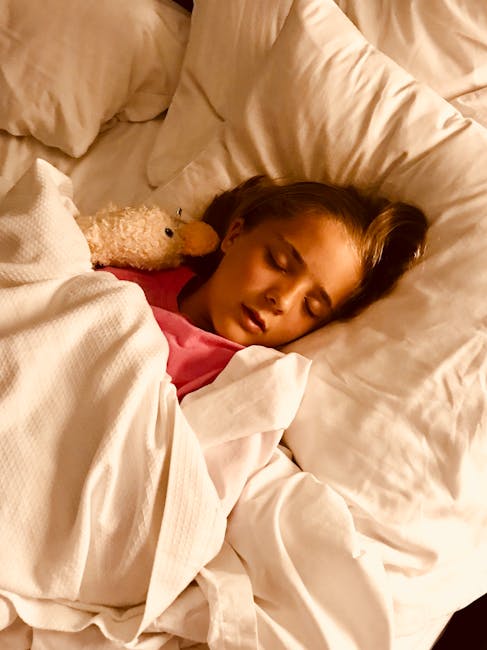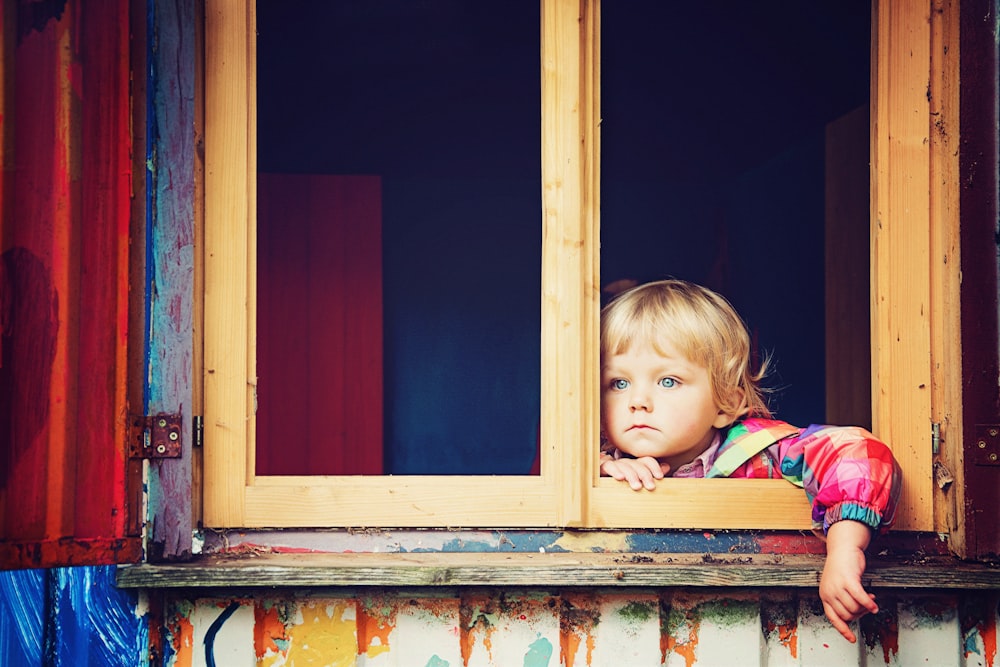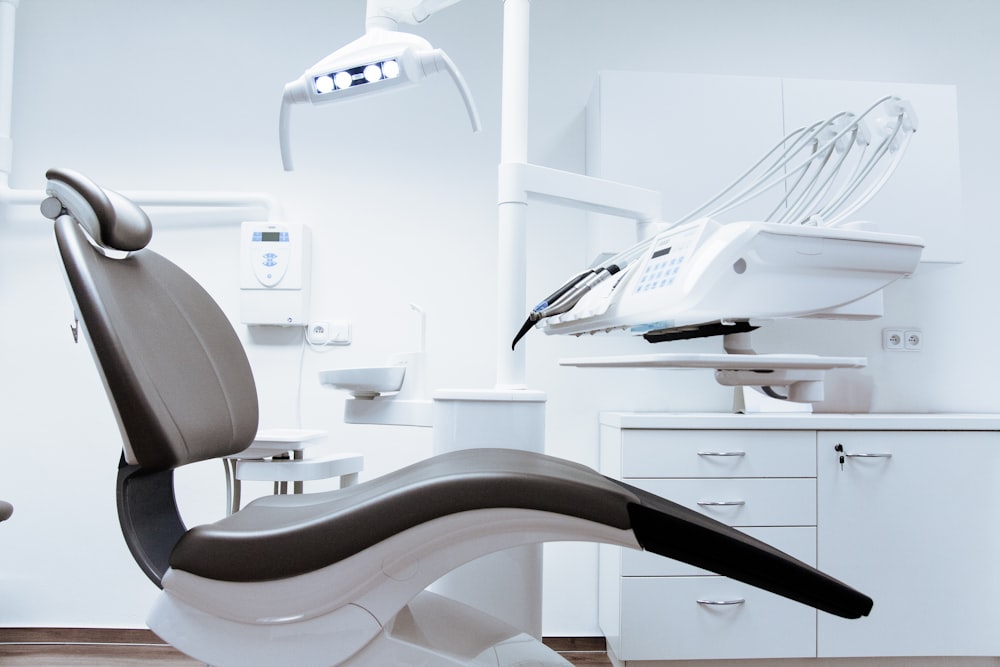Children grinding teeth: Causes and Treatments
What are the underlying causes for children grinding teeth
Dec 05, 2018

What's That Noise
You go into your child's room and you hear a noise. Your child is fast asleep but there is a clicking noise coming from their direction. As you lean in closer you figure out what exactly is causing the noise. Your child is grinding their teeth.
Stemming from the Greek word brychein, Bruxism means tooth grinding and is used to describe the excessive grinding, clenching, and rubbing of teeth. Mostly an involuntary behavior that is done unconsciously, bruxism is classified into two categories Diurnal Bruxism (while awake) and Nocturnal Bruxism (during sleep).
The number of cases of bruxism seems to be higher in children. According to KidsHealth, 20 to 30% of children suffer from some form of bruxism. Most cases are mild and will not require treatment. As the children get older most of them will grow out of it with no problems. But if left untreated, statistics do show that one out of three children who suffer from bruxism will continue to suffer from grinding and clenching as adults (AASM), usually resulting in serious jaw disorders and damaged teeth.
There are numerous reasons why your child will have a temporary (one can hope) bout with bruxism. It can be when your little one is trying out their new teeth (especially their baby) when they first come in. I remember when my children would click their teeth. It would give me goosebumps, like fingernails running down the chalkboard. They would get a kick out of watching me squirm. Ohh the memories.
Grinding can also be a result of a misaligned jaw or overcrowding of teeth. It could also be hereditary. But as your child gets older and deals with more issues, stress and other factors can start to play a role. These factors are more concerning because if left untreated, it can lead to other problems including a variety of dental issues. The long-term damage can vary depending on frequency and the intensity of the grinding. Since bruxism seems to be most prevalent at night, this can make for a hard discovery.
Symptoms
Teeth grinding in children can happen at any time of the day, although it is more common at night. There are some symptoms that will provide some clues as to whether your child is grinding their teeth. Some symptoms are:
- Complaints of Headaches
- Injured Teeth and Gums
- Sore jaw muscles (especially after waking up)
- Tooth sensitivity
- Hear them grinding
- See them Clenching
- Sleepiness in the afternoon
Bruxism: Why Are Children Grinding Their Teeth While Asleep

The root cause of bruxism is unknown. As mentioned earlier, there are a number of different reasons why a child suffers from bruxism. It can be a reaction to pain from either teething or an earache. It can even stem from a child's jaw not being aligned properly causing their teeth to grind. Even some medications have been known to cause bruxism. Some doctors feel that grinding can be due to an airway issue. Stress also can be a major factor. The overwhelming stress and worry that is on their mind when your child goes to sleep will cause grinding and clenching to arise while sleeping.
According to Decision Dentistry, recent research is linking the act of grinding to happen when a child transitions between different sleep stages. They have also stated that nocturnal grinding cannot be stopped consciously, and have put it in the same category with another sleep disorder, sleepwalking.

Stress
A child will encounter many stressors throughout their day. An argument with a friend or family member, a change at home or school, and even a big test or assignment that is due can all lead to additional stress. It is quite common for one's jaw to contract while sleeping. When the contractions are too strong they cause the teeth to grind. Depending on severity, some of these episodes can happen regularly ( sometimes in the hundreds in more severe cases) throughout the night, or the events can be less often and vary from night to night. Unfortunately, until the stressor is discovered and dealt with, your child will continue to succumb to it especially at night.

Research from AASM (American Academy of Sleep Science) is also suggesting a correlation between children who grind their teeth at night may have more problems at school. It may be due to the effect it has on sleep patterns and the amount of "good" sleep your child gets. We all know that there is nothing more difficult than to have to handle a tired child.
Bruxism: Why are Children Grinding Their Teeth While Awake
Diurnal bruxism will tend to be much more noticeable to spot even though your child may not even notice that they are doing it. You will be able to physically see them clenching or hear them grinding. When they are clenching it looks like they are chewing gum. The same issues that may cause grinding at night can cause grinding when they are awake. There are other issues that may cause bruxism like:
- Poor oral hygiene can be a reason for bruxism. Poor brushing habits can cause gum inflammation which can lead to grinding.
- Side effects from certain medications to treat antidepressants and ADHD: If you see a sudden onset of bruxism after taking a new medication, speak to your doctor immediately
- Dehydration
- Lack of certain vitamins and minerals
- Acid-reflux can also be a cause of bruxism in children.

Diagnosing Bruxism
Some kids aren't even aware that they are grinding their teeth. More than likely it is their peers or family members who hear it and bring it to their attention. If it is becoming a common occurrence, a trip to the dentist is necessary, to see if there has been any damage to their teeth. Some things the dentist will look for are chipped teeth or enamel, abnormal wear and tear, and they will spray water and air on the teeth to spot any sensitivity issues.
If there is any damage found the dentist will ask your child a few questions to determine if the cause is due to a physical issue (misaligned jaw or teeth) or psychological issue. Then a treatment plan is discussed.
Treatments for Bruxism
The majority of kids will outgrow bruxism. But until that point, there are things that can be done to keep it under control.
1. Stress
If your child's bruxism is due to stress, there are some things they can do before they go to bed. If you can identify the stressor talk to your child about what is upsetting them. This will also be a great opportunity for you to teach your child to handle stress in the future.
2. Bedtime Routine
They can take a warm bath before bed to help soothe and relax them. It is important to make sure that you do your best to try and have your child relaxed before bed.

3. Reacting to it
If you do check on your child as they are sleeping, one thing you do not want to do is wake the child when you hear them grinding their teeth. Not only, are you disrupting their sleep pattern more, but it could also make symptoms worse.
4. Food Avoidance
Also, avoid caffeine, chocolate, or medication that can act as a stimulant before bedtime. In order for them to get the best sleep possible, they will need to be relaxed and calm for bed. If all else fails, then a trip to the dentist is needed to acquire a mouth guard.
How to Stop Children From Grinding Their Teeth With Mouth Guard and Others
Dentists may prescribe a mouth guard to use in cases whe a child's grinding and clenching is so severe it is doing damage to their teeth, but also leaving their face and jaw sore. The mouthpiece is formed from a mold of your child's teeth and if needed, new molds can be created as their mouths change alignment. Worn primarily at night while sleeping, it can be a little uncomfortable for your child. But after some time they will get used to it.

Summing it up
Unfortunately, you cannot prevent your child from suffering from bruxism. Luckily, as mentioned before, most cases are harmless. With stress induced bruxism the key is to identify the stressor and address it. With children, communication is key to determining what is causing them such stress. But like with anything else, is to get treatment for it as soon as you feel it is becoming an issue. Talk to your dentist. Come up with a treatment plan. What can start out as harmless, can progressively get worse and cause pain and serious damage when your youngster approaches adulthood.


